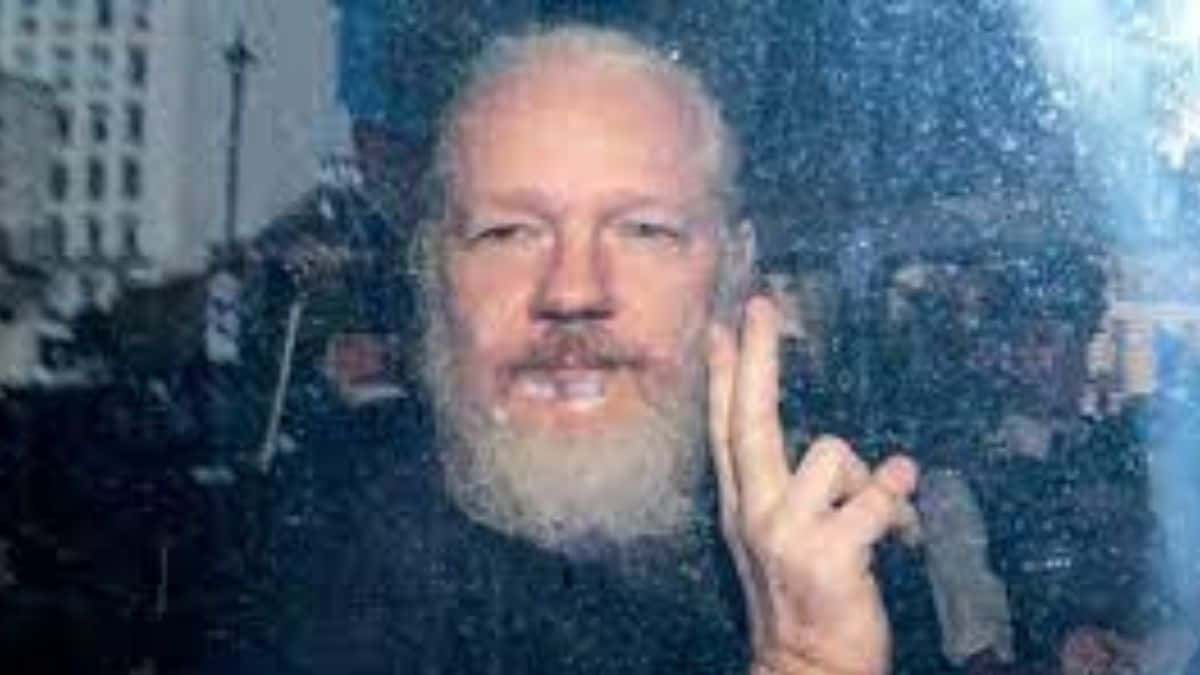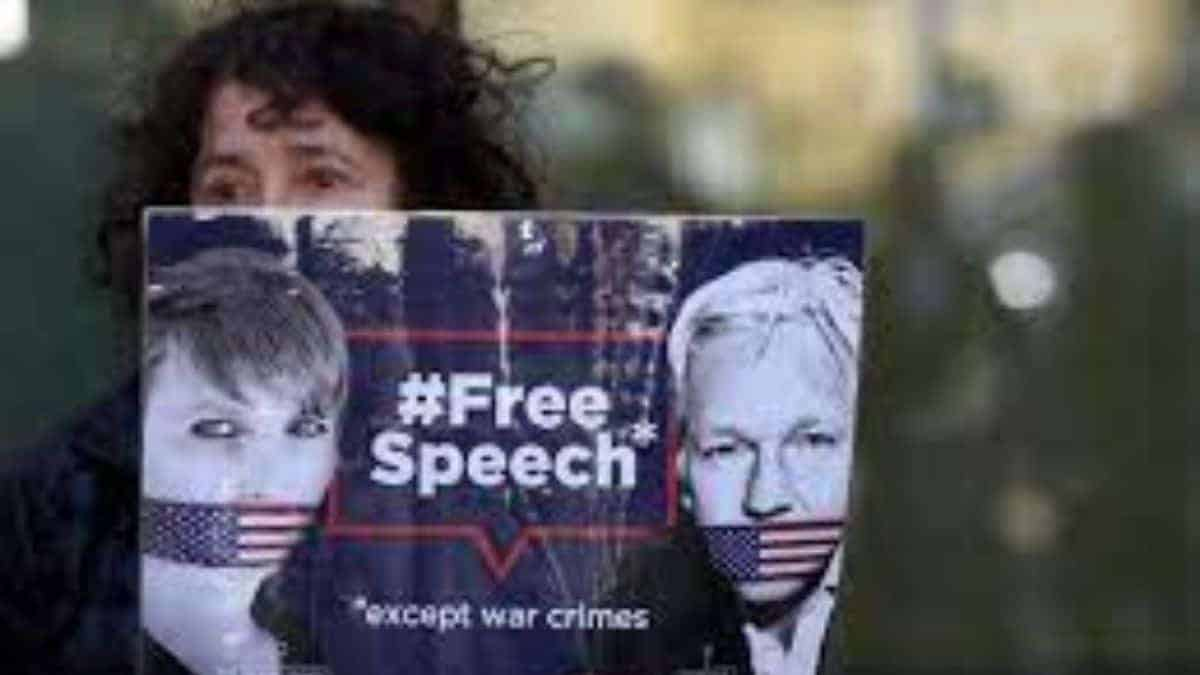Julian Assange’s indictment by the US government poses a direct threat to journalists, press freedom, and free speech

The long-standing precedent of not using the Espionage Act against journalistic operations has suddenly been broken. Julian Assange, the founder of Wikileaks, was charged with seventeen fresh counts yesterday. These new allegations make it plain that he is being punished for basic journalistic activities like as being open to receiving leaked documents, showing an interest in publishing information about otherwise secret government actions, and then releasing newsworthy info to the public. The government has now abandoned its pretense that this case is solely about hacking or assisting in hacking. Whether or not Assange is considered a “journalist,” the indictment focuses on standard journalistic techniques.

The accusation, however, is a test of fundamental principles of free expression. According to the Supreme Court, everyone has the right to distribute honest information about topics of public concern, even if that information was obtained illegally by someone else. The indictment tries to get around this protection by claiming that Assange simply “encouraged” his contacts to provide him information. This puts a fundamental right to free speech on shaky and confusing ground.
A Challenge to the Press
Make no mistake: this is a challenge to all journalists and the public interest, not just Assange and Wikileaks. The press serves as a substitute for the public in holding the government accountable, and the Assange allegations jeopardize that vital function. The allegations send a strong message to reporters that they might be prosecuted with espionage just for performing their jobs if they communicate with and deliberately collect material of public importance from sources and whistleblowers, or publish such information. They also threaten anyone who wants to educate the public about government operations and reveal government malfeasance, whether they are professional journalists or not.
After the indictment, Assistant Attorney General John Demers, the chief of the Justice Department’s National Security Division, told media that the department “takes seriously the role of journalists in our democracy and we thank you for it,” and that it is not the government’s policy to track them for reporting. However, it’s difficult to distinguish the Assange indictment from President Trump’s constant attacks on the press, which include comments on Twitter, at White House briefings, and in appearances that the media is “the enemy of the people,” “dishonest,” “out of control,” and “fake news.” Demers’ statement was quite limited, condemning “targeting” of journalists but not prosecuting them as part of a broader effort to target their sources. And, contrary to the administration’s public assertions, the actual content of the Assange Indictment creates a dangerous precedent; using the same logic as it does here, the administration might accuse any other media organization it dislikes for engaging in ordinary journalistic procedures.
Most seriously, the indictment claims that anybody who “counsels, commands, urges” a source to get or attempt to gain secret material violates the Espionage Act, 18 USC 793. (b). This covers practically “everything associated with the national defense,” as long as there is a “intent or cause to believe that the data is to be used to the detriment of the United States, or to the benefit of any foreign nation,” according to the statute’s text. The indictment makes many claims that Assange “encouraged” his sources to release documents to Wikileaks, despite the fact that he knew the contents contained national security secrets.
However, customary journalistic methods, particularly among national security reporters, include promoting sources and knowingly obtaining papers containing secret information. A journalist has never been obliged by law or custom to be a completely passive, unexpected, or unaware recipient of a leaked document. In the EFF’s lawsuit and elsewhere, the US government has consistently asserted that practically any publication of secret information harms the US while benefiting foreign countries.
As a result, the indictment raises issues about whether precise actions of “encouragement” the DOJ feels break the fine line between First Amendment-protected newsgathering and criminal activity. If a journalist, such as Trump at the time, had said: “Russia, if you’re listening, I hope you’re able to find the [classified] emails that are missing. I think you will probably be rewarded mightily by our press,” would that be a chargeable crime?


